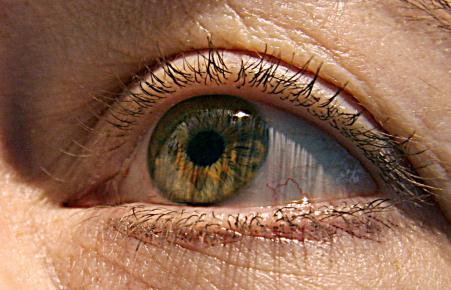By Elizabeth Whitman -

Drugmaker Novartis is under scrutiny for allegedly blocking British doctors' access to the drug Avastin, a cheaper alternative to one that it sells, Lucentis, as doctors and academics have faced "threats and intimidation" when carrying out clinical trials on Avastin, an investigation by the British Medical Journal claims. Both drugs are used to treat an eye condition that is a leading cause of blindness among older British patients.
The journal said it had uncovered a campaign by drugmakers to "undermine and divert attention" from these trials, which suggested that Avastin was just as safe and effective as Lucentis in treating the eye condition. Those efforts included emails from clinicians that had links to Novartis urging some to pull out of one drug trial, as well as attempts by the company to "derail" another trial, according to the journal.
Lucentis costs $1,950 per dose, while Avastin costs about $50 per dose, the journal said in a press release. If doctors were allowed to use Avastin to treat the eye condition, the U.K. could save more than $150 million a year, it added. Avastin is currently sold as a cancer drug, and though it is not licensed to treat the eye condition, wet age-related macular degeneration, some doctors prescribe it nonetheless, given trials indicate that the drug can be effective against the condition, BBC reported.
Novartis has denied allegations that the company was, in the words of Dr. Fiona Godlee, chief editor of the medical journal, "scaring doctors from using cheap and effective medicines." A spokesman for the company told the BBC that it was "closely reviewing the content of the article" in the journal.
Both Lucentis and Avastin are owned by drug company Roche, but Novartis markets Lucentis in the U.K. The Royal College of Opthamology has called for Avastin to be approved to treat the eye condition in Britain. Elsewhere in the world, Avastin is widely used in opthamology, and the World Health Organization supports its use for such purposes.
